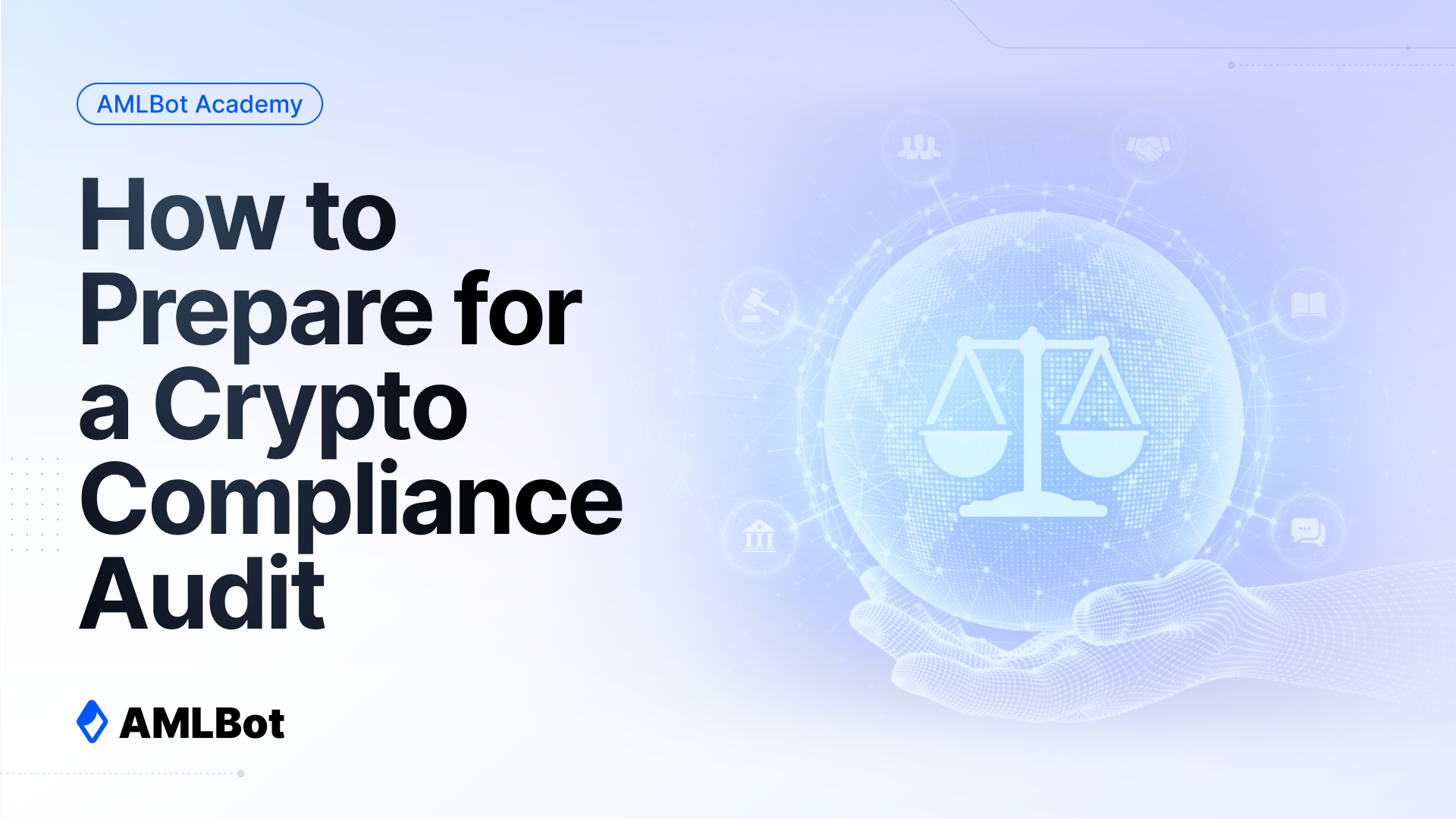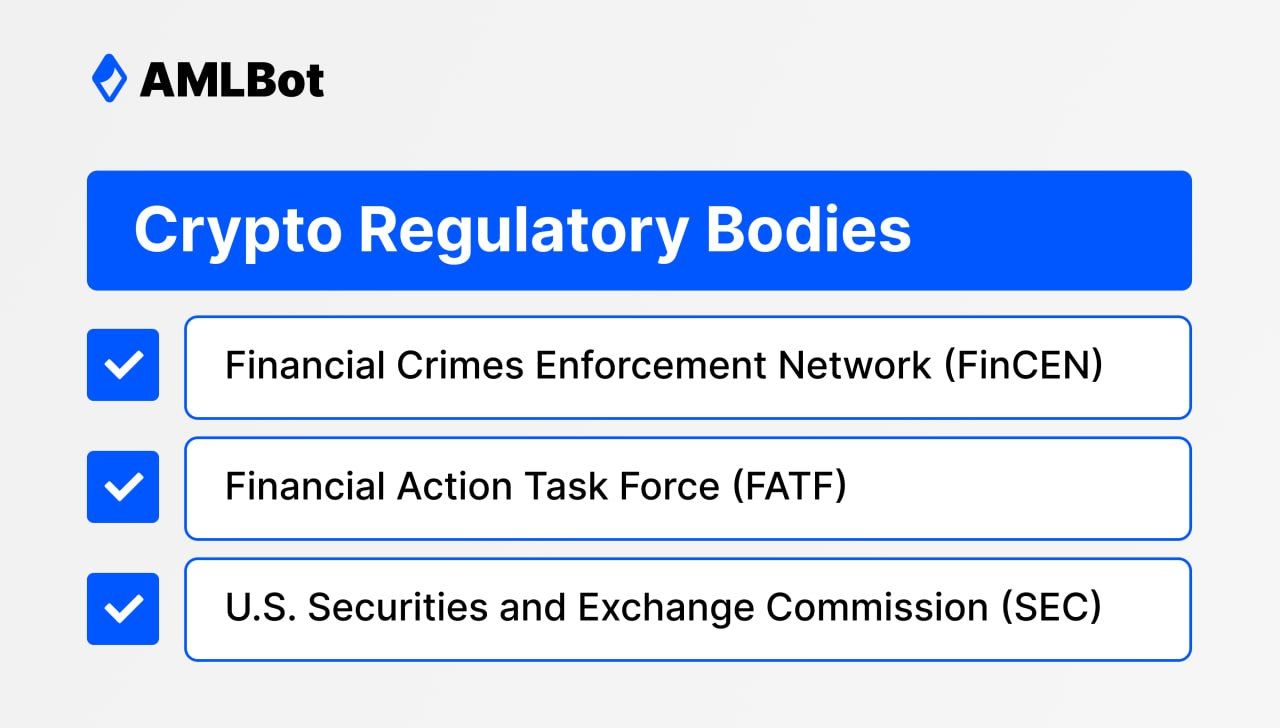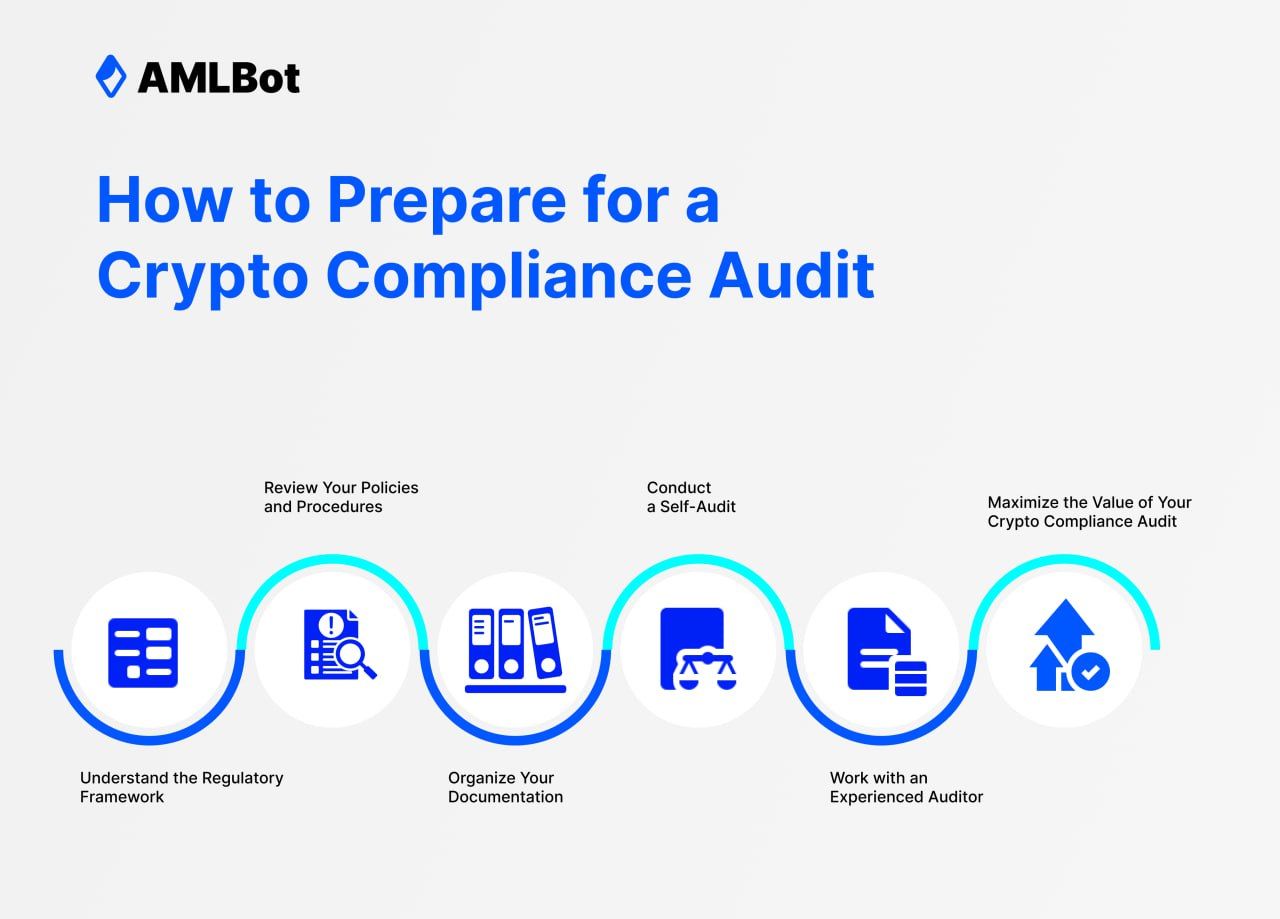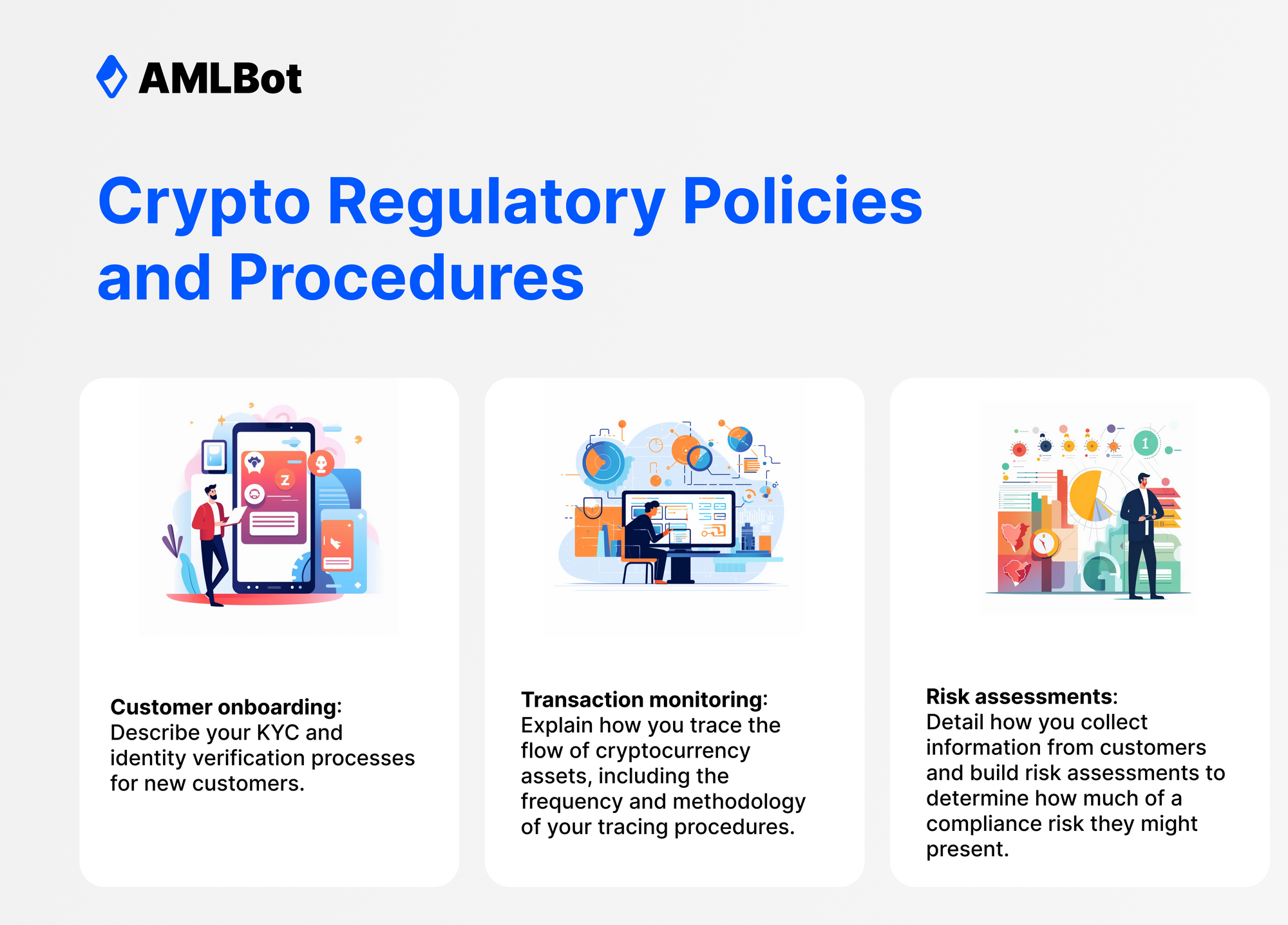Guide: How to Prepare for a Crypto Compliance Audit

Many business owners dread audits, and the unfamiliar territory of crypto compliance audits can seem even more intimidating. In many ways, crypto audits aren't all that different from traditional varieties. In simple terms, an outside party examines an organization's records to determine whether they meet regulatory standards. However, auditing crypto compliance is slightly more complicated due to the newness of the technology and constantly evolving regulations.
Despite these challenges, a crypto audit can be valuable for companies involved with crypto, and they'll become increasingly important as cryptocurrency establishes a stronger foothold in the economy. According to a 2022 Deloitte survey, almost 75% of retailers plan to accept cryptocurrency or stablecoin as a form of payment in the near future.
Whether your business is solely dedicated to crypto or accepts cryptocurrencies as a form of payment, it's critical that you know how to prepare for a crypto compliance audit. This guide describes everything you need to know about the crypto audit process so that your business can get the most benefit from the experience.
Understand the Regulatory Framework
Knowledge is the key to successfully navigating an audit. The first and most fundamental step to audit preparation is learning what regulations exist and who oversees them.
Regulatory Bodies
Cryptocurrencies aren't regulated by a single agency. Instead, several different bodies have a role in implementing and enforcing laws and policies for crypto and blockchain transactions. They include:
- FinCEN: The Financial Crimes Enforcement Network (FinCEN) fights against money laundering, terrorist financing, and financial crimes. FinCEN is the administrator of the Bank Secrecy Act (BSA) and regulates virtual currencies that fall under this law.
- FATF: The Financial Action Task Force (FATF) is a global watchdog that works to prevent money laundering and terrorist financing. The FATF created the most comprehensive guidelines for cryptocurrency transactions.
- SEC: The U.S. Securities and Exchange Commission (SEC) regulates cryptocurrencies that are considered securities. Although they don't regulate all crypto transactions, the SEC has significantly increased the size of its Crypto Assets and Cyber Unit.

Depending on the type of crypto activity your business conducts, you may have to follow regulations from one or all of these organizations.
Regulations and Guidelines
Companies that deal with crypto should be fully aware not only of the existence of these organizations but also of the guidelines and laws they've put into place. These are the most noteworthy rules for most businesses:
- KYC and AML requirements: Crypto exchanges are subject to Know-Your-Customer (KYC) and AML rules established within the BSA. Centralized cryptocurrency platforms and other businesses that handle digital assets follow KYC rules by requiring identifying information from customers, such as full names, birth dates, and addresses.
- Mandated record-keeping: FinCEN and other regulatory bodies have proposed strict record-keeping rules that require money services businesses (MSBs) to retain records of transactions that meet certain criteria. For instance, a transaction above a specific value threshold must be stored for future reference.
- Reporting rules: Businesses may have to report information to government agencies. For example, crypto exchanges and platforms are required to report some cryptocurrency investments to the Internal Revenue Service (IRS).
You may be subject to additional regulations based on the location of your business and customers.

Review Your Policies and Procedures
To establish consistent messaging regarding cryptocurrency risk and regulatory processes, businesses must create clear, detailed, and up-to-date policies and procedures for compliance. These documents should include information about many aspects of crypto transactions, such as:
- Customer onboarding: Describe your KYC and identity verification processes for new customers.
- Transaction monitoring: Explain how you trace the flow of cryptocurrency assets, including the frequency and methodology of your tracing procedures.
- Risk assessments: Detail how you collect information from customers and build risk assessments to determine how much of a compliance risk they might present.

As you review your policies and procedures, consider whether there are areas that could be improved. For instance, there may be new technology available to strengthen your transaction screening process.
Organize Your Documentation
A business might have exhaustive documentation of all of its processes, policies, and procedures, but those documents serve no purpose if they're impossible to find. That's why the next step in preparing for a crypto audit is to get organized.
Organization in this case refers not only to whether documents are clearly labeled but also to whether they're easily accessible and regularly updated. Before an audit occurs, create a secure folder to store all necessary materials, including:
- KYC information for customers
- Transaction records from the past several years
- Customer risk assessments
- Policies and procedures for every aspect of your business
Place your documents in subfolders to make it easier for your auditor—and your employees—to sort through them. If the size and scope of your folders become overwhelming, consider using a software solution to better manage your data. Additionally, make sure you create regular backups of all of your files in case you experience a hardware failure or cyber-attack.
Conduct a Self-Audit
It might seem redundant to conduct a self-audit before an official audit by an external third party, but it's a great way to learn about the strengths and weaknesses of your systems. The individuals conducting your self-audit should attempt to cover all of the areas that will be examined during the official audit process, such as:
- Compliance with regulations
- The accuracy and currency of documentation
- The effectiveness of policies and procedures as described in the documentation
- The extent and detail of transactions and other financial records
Because a self-audit is an internal process, business leaders receive the results right away. This allows them to make corrections, updates, and changes much more quickly than during an external audit.
Work with an Experienced Auditor
The value of your audit results largely depends on the quality of the auditor. An experienced auditor with a thorough understanding of digital funds will be able to analyze the information you provide and offer valuable insights into your business's current practices.
Because cryptocurrencies are relatively new, many auditors lack knowledge and training in the unique characteristics of a crypto audit. Business leaders have to take additional steps to ensure that they're hiring professionals who know how to properly audit crypto.
Follow these steps when hiring a crypto compliance auditor:
- Inquire about education: Determine whether prospective auditors have taken any recent courses related to new technologies, including cryptocurrencies. The fact that an auditor completed their academic degree many years ago doesn't necessarily mean that they haven't kept up with developments in the industry.
- Consider certifications: Organizations such as the Association of Certified Anti-Money Laundering Specialists (ACAMS) offer certifications in crypto compliance. An auditor with this type of certification may be more knowledgeable about regulations and policies that are specific to crypto accounting.
- Use crypto-related questions: Ask auditors directly whether they've conducted a crypto or blockchain audit in the past. Look for specific examples or terminology that reflect their level of knowledge and expertise.
- Ask for referrals: Reach out to other leaders in the world of crypto to discover whether they've had success with a particular auditor. Online reviews are also helpful, but a personal contact may have more detailed information to share.
After you've selected an auditor, it's time to tie up a few loose ends before the audit begins. Consult with your auditor to create a schedule and work out logistics, such as how you'll share documentation and whether on-site visits are necessary. Finally, make sure you have clear expectations in terms of what the audit will include, how long it will take, and how quickly you'll receive the final report.
Maximize the Value of Your Crypto Compliance Audit
A cryptocurrency company that conducts regular audits with reputable professionals has an opportunity for significant growth. A crypto compliance audit reassures customers and investors that your business places priority on the security of their funds and on meeting regulatory requirements.
No matter the type of audit, the process is universally more successful when you prepare ahead of time by reviewing regulatory requirements, gathering and organizing documentation, and conducting an internal audit in advance of the official auditing process. Reach out to the team at AMLBot to learn more about crypto compliance and how to get ready for an upcoming audit.